Landlord Tips: What Type Of Flooring Is Best For A Rental?
There can be any number of reasons one might want a switch-up in the flooring at your rental unit or investment property. However, before you make any decisions you should consider some of the major factors, including often-overlooked ones, that should have an effect on your decision. You don’t want to pick a flooring material just because it may be easier for you or a tenant to maintain.
The Problem with Linoleum Flooring
While there are cheap flooring options that can handle damage, they could be hurting you in other ways. For example, while linoleum flooring has a relatively low-cost and can stand up to moisture and scratching well, it cannot be repaired. When it eventually does take damage like scratching or cracking, unfortunately, there is no proper way to repair it, and it has to be entirely replaced. In addition to that high maintenance fee, there’s the fact that most prospective tenants don’t see linoleum as appealing as some other types of flooring, meaning that you could be turning off renters and losing out on a rent premium by having this kind of flooring installed.
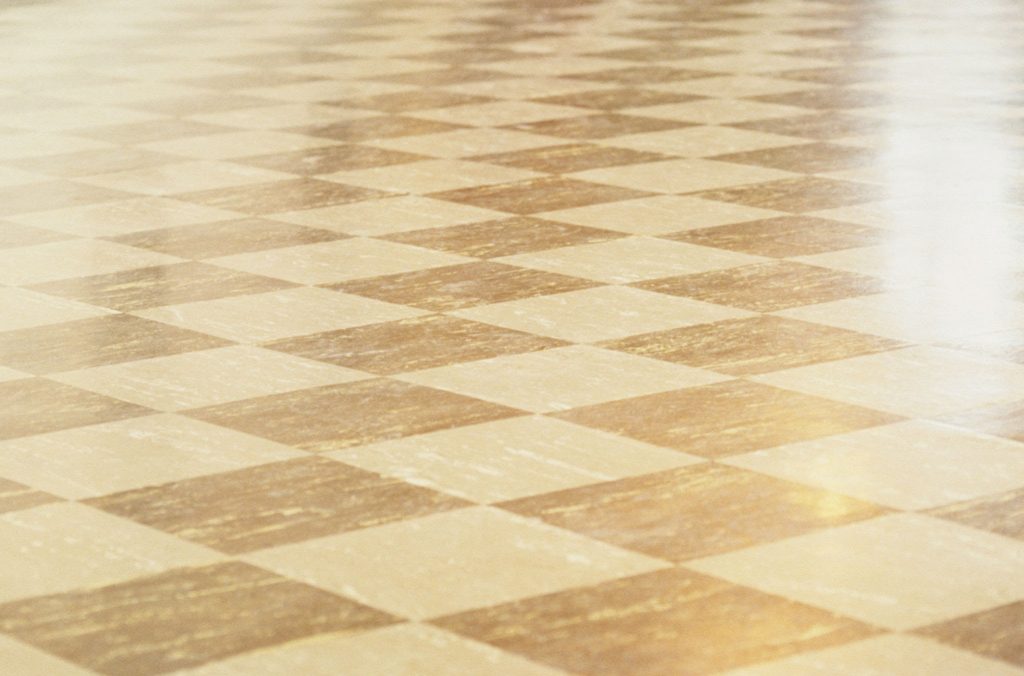
Carpet for Rental Properties
Carpets are another cheap option that can be installed at relatively little cost. This lower price does come with some downsides of course. While carpets are cheaper, they also have to be replaced much more often than a durable flooring material like hardwood. Even with a deep cleaning, carpets lose fibers and density over time, meaning that a carpet with a number of tenants traveling over it and moving furniture in and out on it will quickly lose its appealing plush and will adopt a cheap, worn-out look.
Another downside to carpets is that they are much less appealing to renters. Many prospective tenants will think deeply about how many previous owners have lived on their carpet, what sort of untold bacteria it may harbor, and the nature of previous spills, even if it has been cleaned professionally. Carpeted apartments are also seen as less stylish to a lot of renters, especially when considering the added downside that carpeting styles often change, meaning that the right carpet now might not be the right carpet in a couple of years’ time. Compare that to a hardwood floor – which is considered timelessly tasteful and appealing.
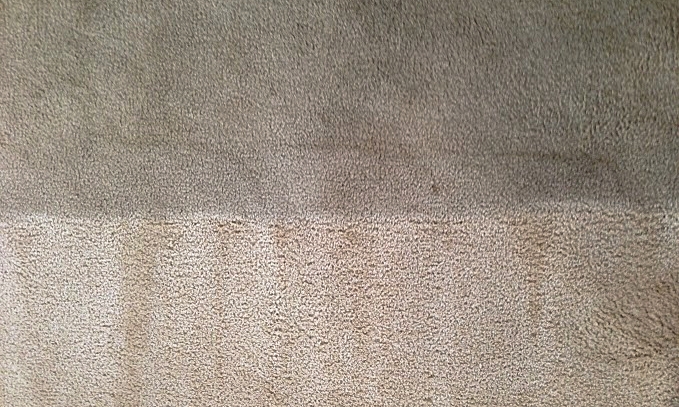
Benefits of Hardwood Floors
There are a number of benefits to installing a hardwood floor for your rental property. Some of them have already been mentioned; Hardwood floors are cleaner, timelessly stylish, and easier to maintain than other types of flooring. They also are much more durable to wear and tear and have a longer lifespan than other types of flooring, being able to take heavy impacts without being ruined, leaving you to deal with contractors less often,
Overall, hardwood flooring enhances the image of the property, attracting renters and buyers more easily. You may be able to command a higher asking price, or at least compare to other quality homes, drawing in the kinds of renters and buyers you’re looking for.
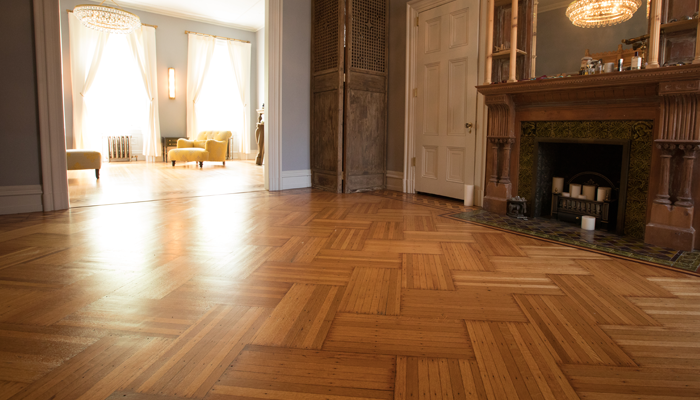
Best Hardwood Floors for Rentals
Now hardwood does have some drawbacks of course. Many types of wood aren’t as durable as some species of hardwood can suffer greatly from water damage if it’s in the wrong part of a property. For instance, bathrooms or the area around a sink or fireplace can suffer different types of damage, especially if installed inadequately.
The good news is that many of these issues are easy to work around when you have skilled craftsmen like the team at Artisan Wood Floors. A sturdy wood like white oak is hard and durable, while also being simple and stylish, making it appealing to a wide range of people. If you’re worried about the amount of wear and tear a floor will take given foot-traffic conditions, then a thicker vinyl laminate will provide more protection and allow the floor to be easily refinished.
Now that you know all of the benefits of hardwood flooring, look to the highest quality wood floor craftsmen in Philadelphia, and ask for a free quote today! Call (215) 515-7355 and ask for Steve.
Recent Hardwood Flooring Projects in Philadelphia & NJ
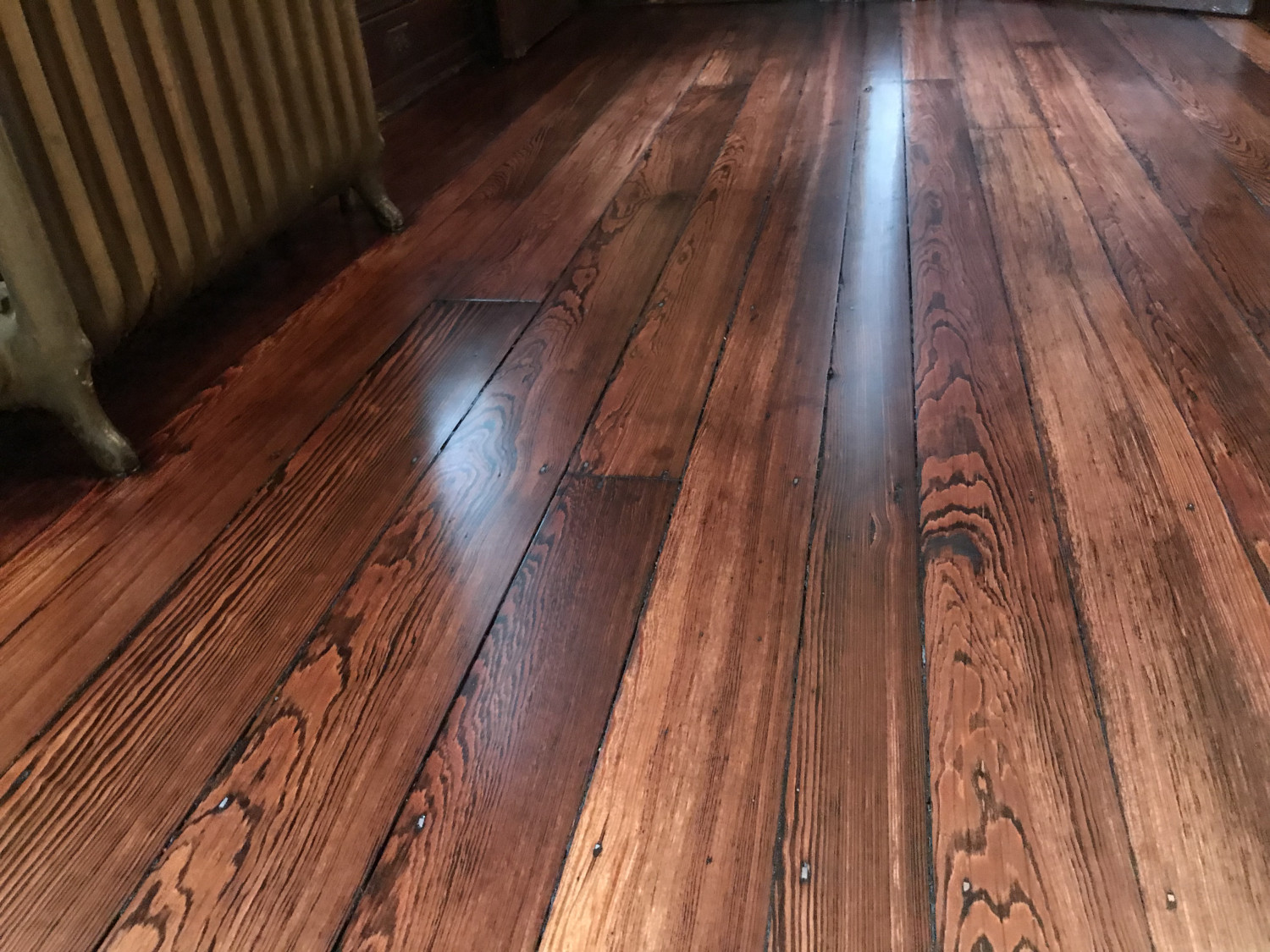
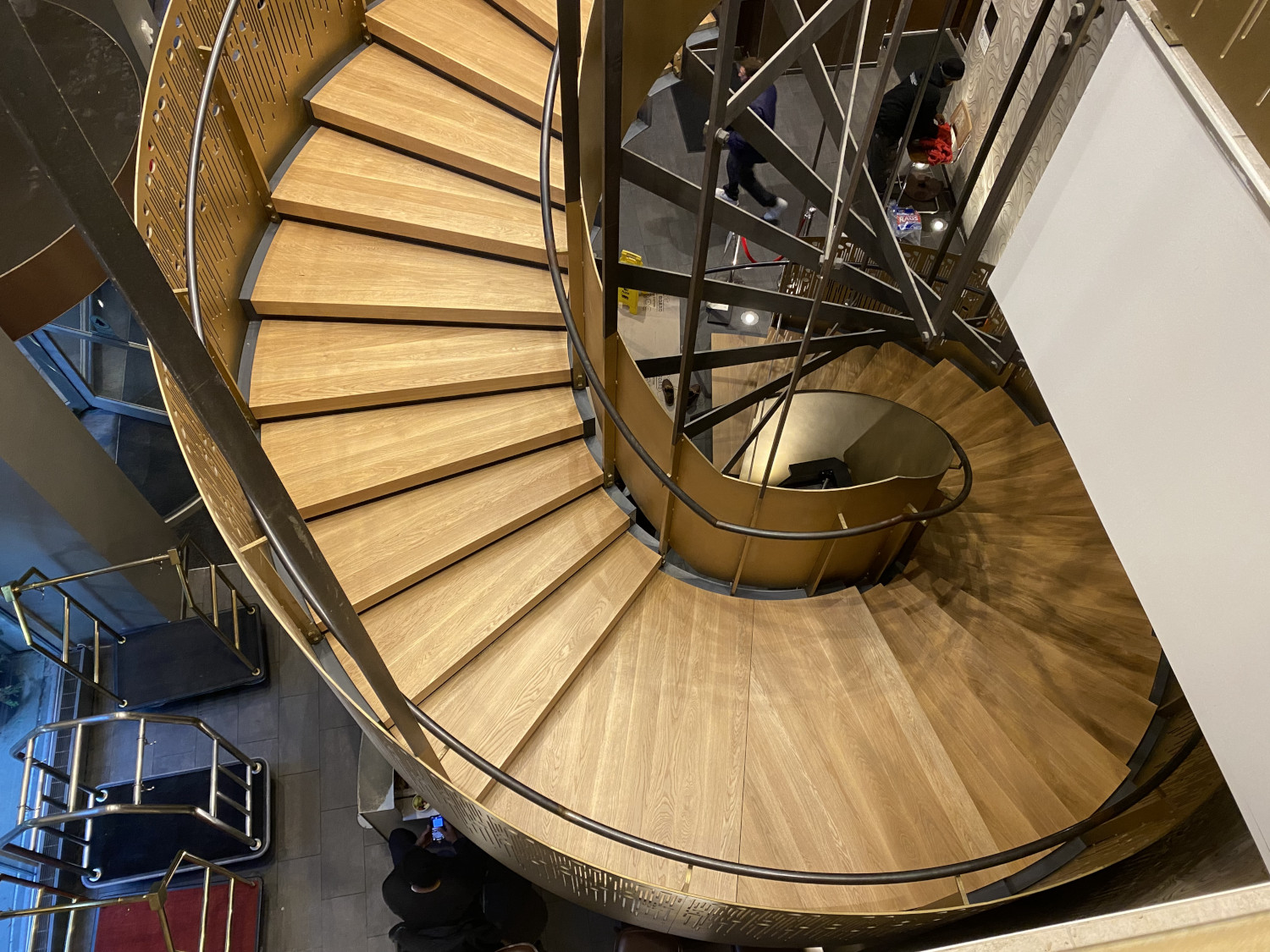
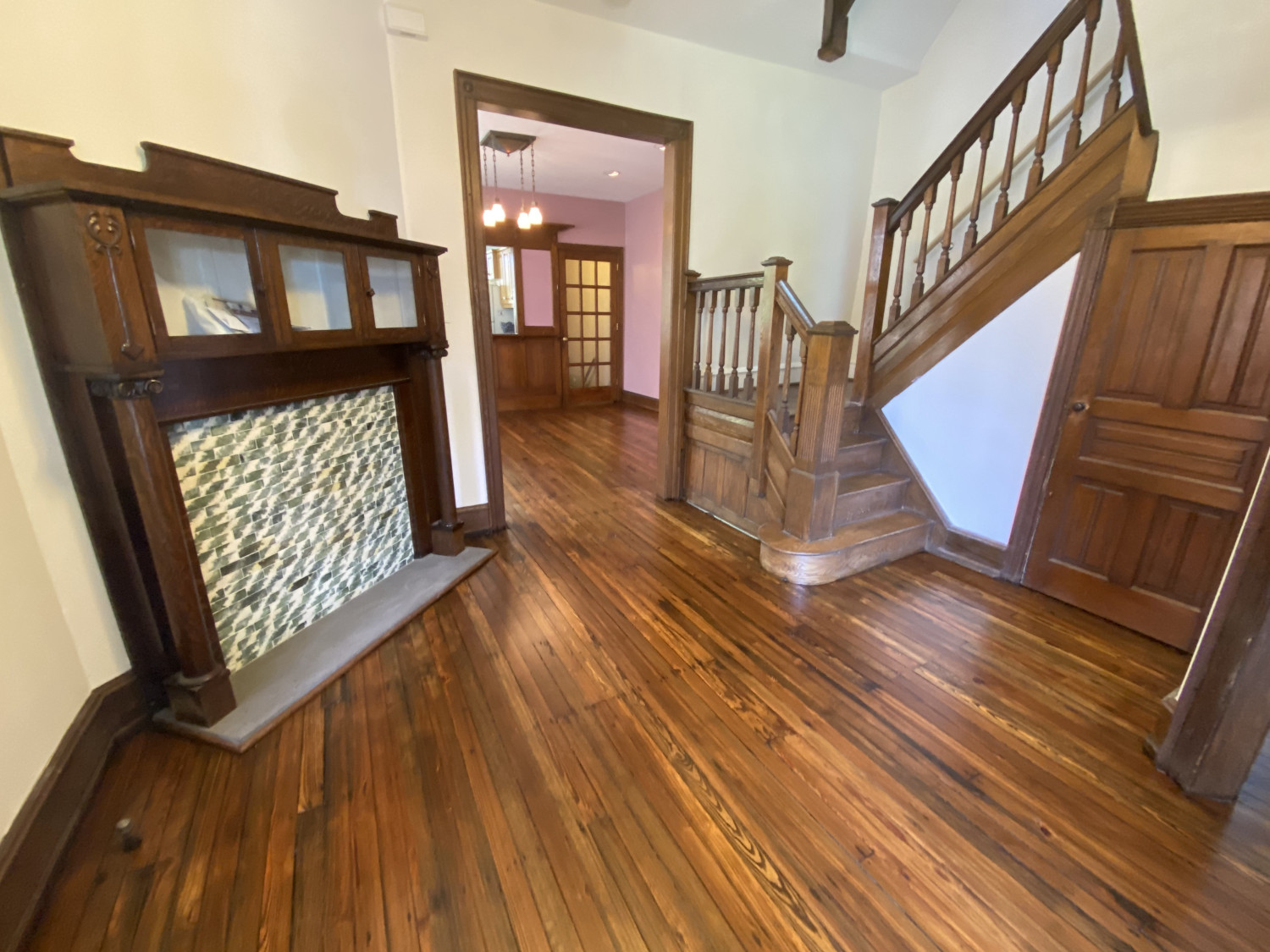

0 Comments